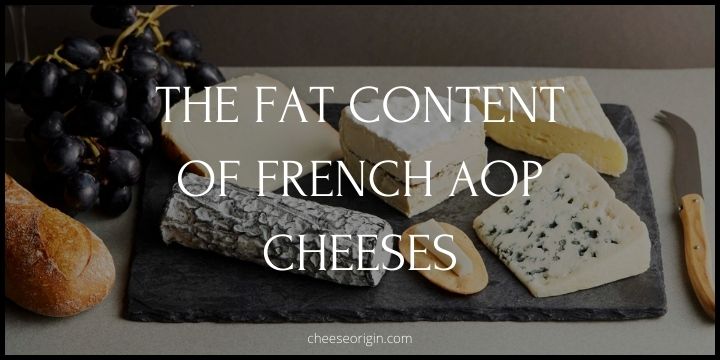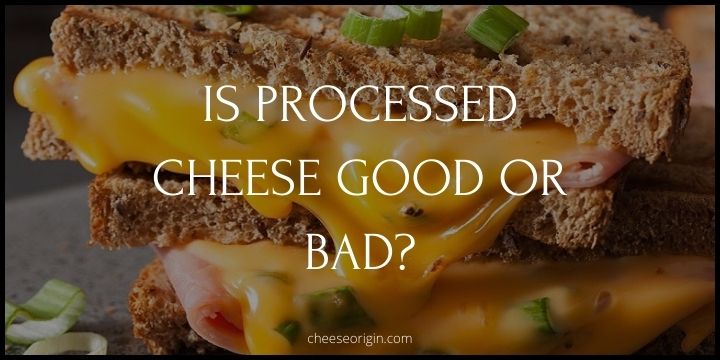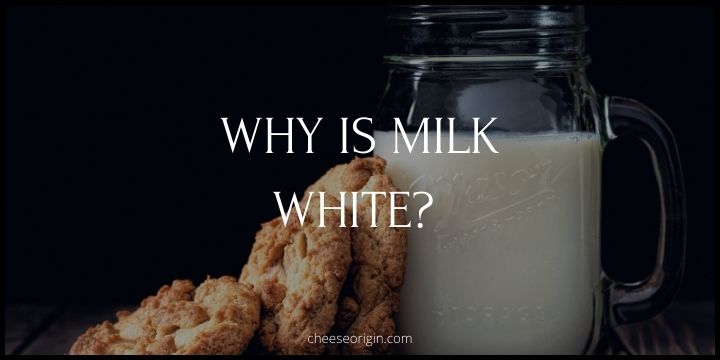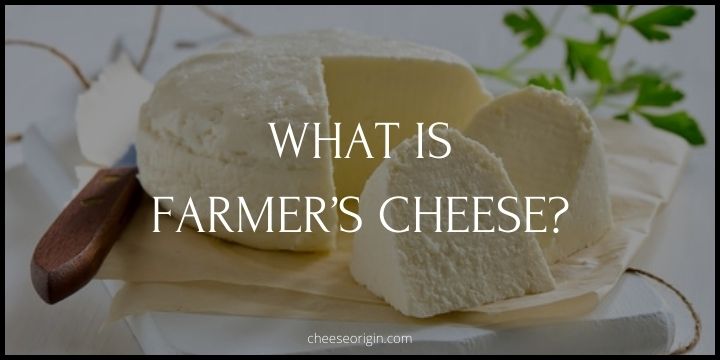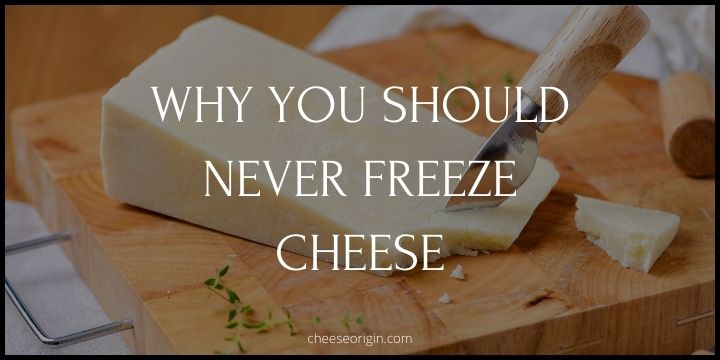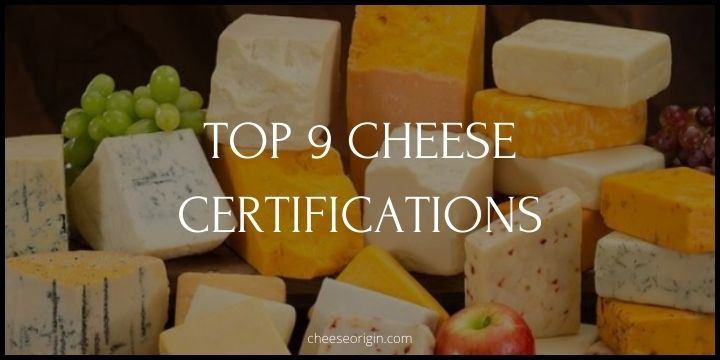What is ‘Fake’ Synthetic Cheese Made Of?
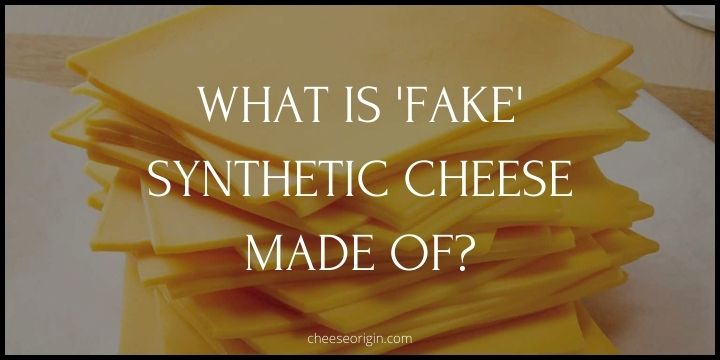
Many people have eaten ‘fake cheeses’ before but because the texture and appearance of these imitations have the resemblance of the real thing… it begs the question: Do people actually know they are eating ‘fake cheeses’ and do they know what these synthetic cheese are made of?
Synthetic cheese have striking similarities to popular cheeses like Cheddar, mozzarella, and Emmental, but are actually made using chemicals:
- E407 (Carrageenan)
- E410 (Locust bean gum)
- E412 (Guar gum)
- E417 (Tara gum)
These Food additives that are permitted by the EU.
What Are Chemicals E407, E410, E412 and E417
| Carrageenan (E407) | A fiber extracted from seaweed. An addictive that many studies have found to be cancer-causing due to contamination when ethylene oxide is added which results in the forming of ethylene chlorohydrins. In layman term, the toxic hazards may cause ulcers and cancer to the digestive tract. (Read this and this to find out more about E407) |
| Locust bean gum (E410) | Also known as carob gum, this natural thickener is acquired from Locust bean tree Ceratonia siliqua. frequently used in fruit juice drinks, sweets and caffeine-free chocolate substitute. This natural gelling substance is high in fiber and may lower blood sugar and blood fat levels and cholesterol levels. (Read this and this to find out more about E410) |
| Guar gum (E412) | Also known as guaran, guar gum is a food addictive that thickens and stabilizes properties. Derived from the seeds of Cyamoposis tetragonolobus, this addictive can cause nausea, flatulence and cramps with the positive upside of reducing cholesterol levels. (Read this and this to find out more about E412) |
| Tara gum (E417) | Also known as Peruvian carob, tara gum is a natural addictive that is obtained from the Tara bush, Caesalpinia Spinosa. Studies have found no significant side effects with doses up to 15 grams. However, when doses are high, side effects may include gas, diarrhea, bloating, and/or cramps. (Read this and this to find out more about E417) |
The 4 Common Synonymous and Names of ‘Fake Cheeses’
These are the common synonymous of ‘fake cheeses’:
- Artificial Cheese
- Synthetic Cheese
- Imitation Cheese
- Cheese Analogue
The synthetic cheeses are created with a combination of starches and thickening agents to create similar texture to the real thing BUT without containing a single ounce of dairy product.
Further reading: Your Favorite Cheese Might Not Actually Be Cheese At All – Delish
What Do They Use for Fake Cheese?
Fake cheese, often referred to as imitation cheese or cheese analogue, is typically made from a mix of ingredients such as vegetable oils (like palm or sunflower oil), food colorings, emulsifiers, and artificial flavorings.
These ingredients are processed to mimic the look, feel, and taste of real cheese. However, it is important to note that the nutritional value and taste can significantly differ from those of real cheese.
Vegan cheeses also fall under the category of fake cheese but are specifically designed to be animal-free. They are usually made from vegetable proteins and can be derived from various sources such as soy, nuts (like cashews and macadamias), and other plant-based ingredients.
What is Imitation Processed Cheese?
Imitation processed cheese, also known as cheese analogue, is a product that emulates the characteristics of cheese but is made from a combination of ingredients such as oils, protein concentrates, and milk derivatives.
These ingredients are blended together with colorants, emulsifiers, and flavorings to resemble specific types of cheese. The texture, flavor, and melting properties can be manipulated during production to achieve the desired characteristics.
Imitation processed cheese is often used in the food industry for its cost-effectiveness, extended shelf life, and consistent melting behavior. It’s commonly found in fast-food restaurants, frozen meals, and snack foods.
Is Imitation Cheese Good for You?
Imitation cheese often contains less protein and calcium than natural cheese. It may also have higher levels of sodium and additives. Some types of imitation cheese can be high in saturated fat and cholesterol, which are not beneficial for heart health.
Vegan cheeses, another type of imitation cheese, are plant-based and do not contain any dairy products. While they can be a good option for those who are lactose intolerant or following a vegan diet, they should not be relied upon as a primary source of nutrition. As with other imitation cheeses, they may lack certain nutrients found in traditional dairy cheese.
In conclusion, while imitation cheese can be enjoyed as part of a balanced diet, it should not replace natural cheese in terms of nutritional value. It’s always best to check the nutritional information on the packaging and consume in moderation.
2 Most Popular ‘Fake Cheeses’ in the U.S.
Cheese Sprinkled on Pizza
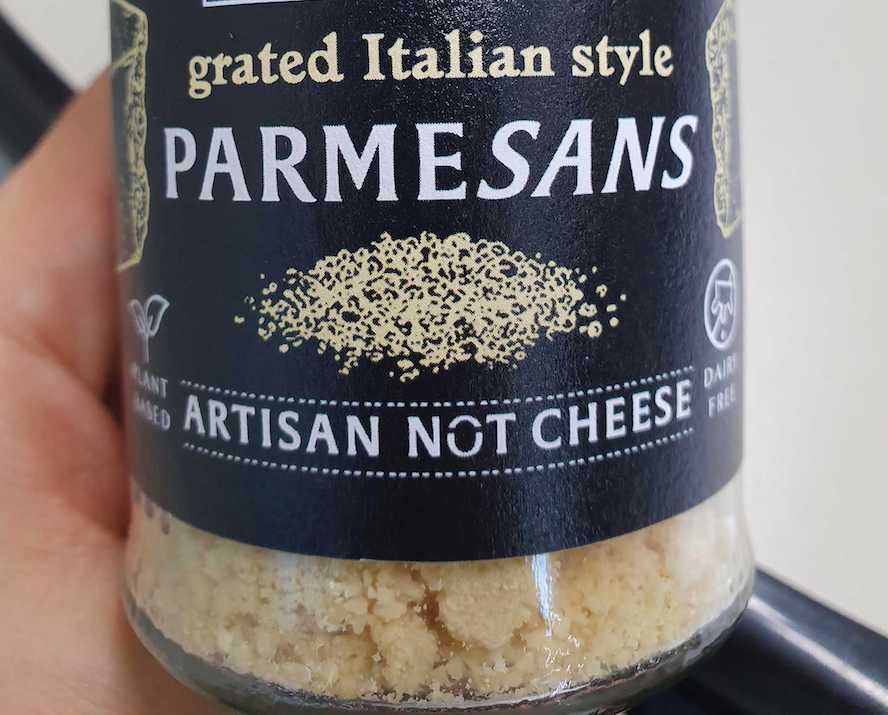
The Parmigiano-Reggiano, commonly known as Parmesan, is the cheese we use to sprinkle on our pizzas. It is one of the most consumable cheeses in the United States.
Most pizza joints and fast-food restaurants serve this cheese to their customers.
Parmesan should only consist of these 3 simple ingredients: milk that are produced in the Parma/Reggio region, salt, and animal rennet.
Nevertheless, most Pizza joints in the US have additional ingredients such as Cellulose Powder and Potassium Sorbate which are not found in the real thing (and are illegal in its production).
Further reading on fake Parmesan cheeses in the U.S.:
- Most American “Parmesan” is Fake: How to Tell if Yours is Legit – FoodBeast
- Most Parmesan Cheeses In America Are Fake, Here’s Why – Forbes
- Nutritionist Exposes Everything Fake About Parmesan Cheese – Mashed
Cheese Slices in Burgers
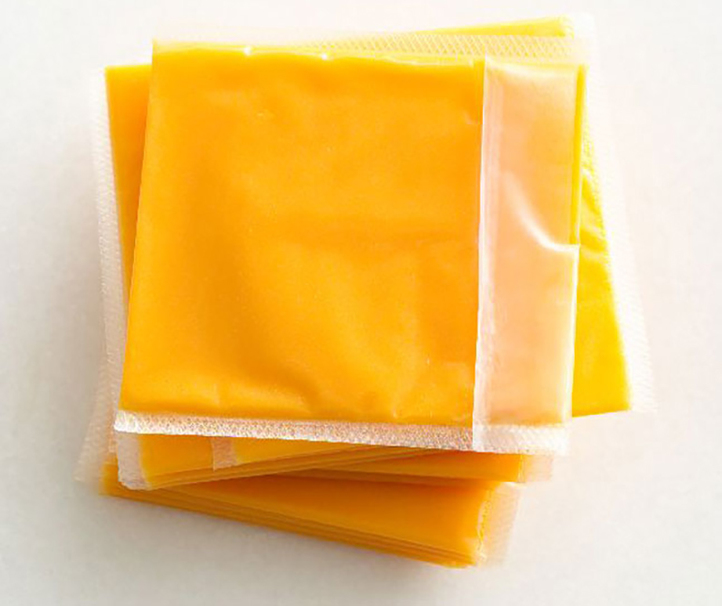
I’m sorry to burst your bubble but most cheese slices that go well with burgers are processed.
Processed cheeses hover at around 50% real cheese and 50% non-cheese ingredients. Sometimes more, sometimes less.
>> Click here to read the top 12 best cheeses for burgers
Non-cheese ingredients include:
- Salt,
- Food dyes
- Preservatives
- Emulsifiers
- Addictive
- Some artificial ingredients that are not announced in the label
Further reading on fake cheese slices:
- What’s in processed cheese slices? Shock experiment may put you off them for life – Mirror.co.uk
- Your Favorite Cheese Might Not Actually Be Cheese At All – Delish
Frequently Asked Questions
1. Is Kraft cheese real or fake?
Kraft Singles, a type of processed cheese that comes in individually wrapped slices, is not considered “real” cheese. According to the U.S. Food and Drug Administration’s standards, Kraft Singles cannot be referred to as “cheese” because they contain more than just the traditional ingredients of milk, rennet, and salt.
Instead, Kraft Singles are made with a variety of ingredients, including milk, but also food colorings, emulsifiers, and artificial flavorings. They are often described as a “processed cheese product.
2. What cheese does McDonald’s use?
McDonald’s uses a specific blend of processed cheddar cheese for its burgers and sandwiches. This blend consists of approximately 60% real cheddar cheese, with the remaining 40% composed of other ingredients.
For their breakfast items, McDonald’s uses a mix of processed American cheese slice and real cheddar cheese. The cheese is specially made and packaged for McDonald’s.
While it’s a form of processed cheddar that has a creamy and smooth texture, it’s also described as real American cheddar cheese mixed with other ingredients such as butter, water, milk, emulsifiers, food coloring, and whey.
Conclusion
The synthetic form contains zero lactose or animal proteins which may be beneficial to folks who are lactose-intolerant. However, they contain zero nutritional value.
And their taste? I shall let you be the judge.
Also read: Goat Cheese vs. Cow Cheese (THE DIFFERENCES)
if you are interested to take a look at some of the most common fake cheeses selling in popular stores and supermarkets, check out this link.
Last updated: 31 August 2023

